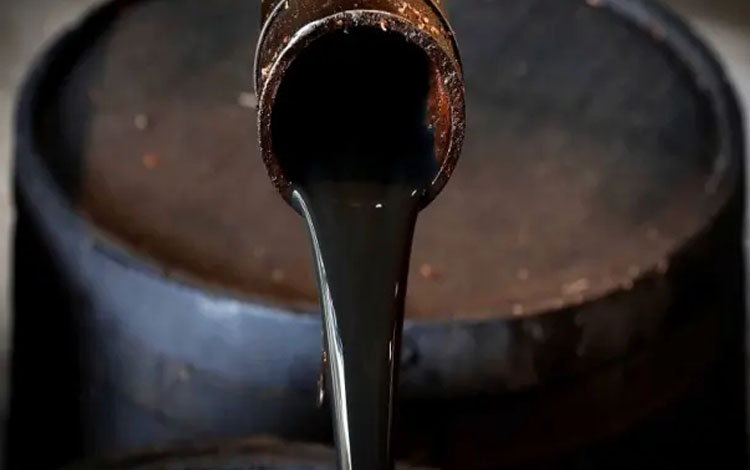Aug 1-15, 2018
Fortunes of most of the African economies are at the mercy of global commodity prices. Oil is a classic example. Realization from export of crude oil slumped with every conceivable oil shocks and without any refining capacity.
Many African governments have realized imperativeness of a course correction. They are trying to diversify and achieve an all-round inclusive and balanced economic growth, developing more sectors. They also have started offering several incentives for local value addition to boost their manufacturing and processing. For example, timber has been a traditional export of Gabon. Now Gabonese government insists that local units have to be set up to transform the timber to semi/finished items before exports.
Agriculture has been the backbone of many African countries. But, discovery of oil and minerals altered the matrix. Nigeria, which once was the breadbasket of Africa is now a net importer of food. To achieve self – sufficiency in food and also to boost exports, Africa has to strengthen agricultural productivity, processing , packaging ,marketing etc. At the same time, there is a need to scale up inherent strengths and boost marketing profile to tap emerging opportunities. For example, some countries like Ethiopia, Uganda etc are among the top ten global suppliers of Coffee. Currently, Brazil and Vietnam dominate the global coffee market. El Niño weather patterns in South America could mean that these African countries could step in to claim a bigger global share with better market strategy and efficiency in operations.
Africa has ample growth opportunities at its own doorstep. Stepping up economic co-operation among themselves is a better way to achieve economic diversification and progress than depending on other markets.
Africa’s trade with the rest of the world over the past five or six decades in spite of even Preferential Trade Agreements has not improved export performance or any diversification or development of economies. Essentially unprocessed primary commodities continued to dominate Africa’s exports to the rest of the World. In contrast, industrial goods claim a large share in intra-African trade pointing out that Intra- African trade can play a major role in the industrialization and diversification of African economies. The signing of the African Continental Free-Trade Area (AfCFTA) on March 2018 by 44 countries is a milestone in that direction. The United Nations Economic Commission for Africa has projected an increase in intra-African trade by 52 percent through AfCFTA
Yet , the progress is far from satisfactory. At least, 22 ratifications are needed by March 2019 for implementing the agreement. So far, only seven countries have done so. Over and above the political agreement, countries require the support of the private sector and civil society, as well. Conflicting interests have led to unsavory trade practices among member countries. Africa has to realize that it is in their own interests to work together and walk together.





